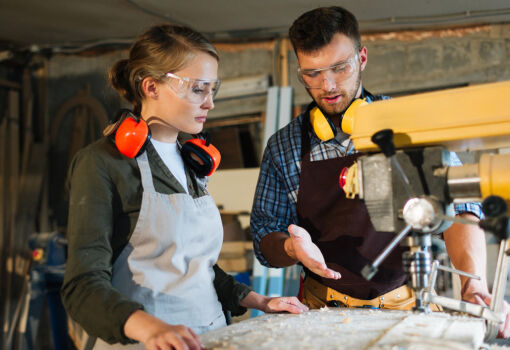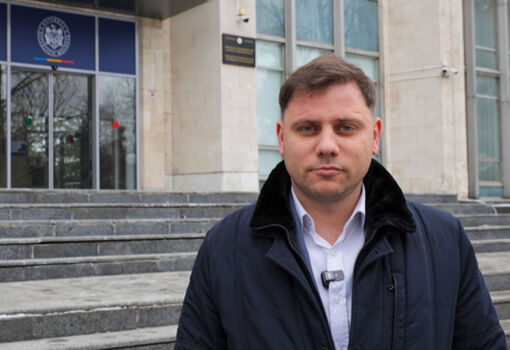
Alexander Ursu
According to the head of Energocom, the approach to natural gas purchases has been fundamentally changed: blue fuel will not be pumped into storage, but will be purchased on delivery terms within a certain period. And it will be delivered to Moldova according to a set schedule, which will allow reducing the expenses on logistics and storage. This was done because gas storage is becoming uneconomical and the cost of delivery has increased.
At the same time, Eugen Buzatu said that sufficient volumes of gas have already been purchased for the winter period of 2025-2026. Energy Minister Dorin Junghietu confirmed that about 700 million cubic meters have already been purchased, which covers about 85% of the necessary volume of gas consumption for the upcoming winter season (right-bank Moldova excluding Transnistria).
It should be reminded that as of September 1, 2025, the state enterprise Energocom was appointed by ANRE decision as the main supplier of natural gas instead of Moldovagaz. Now Energocom is the organization responsible for gas procurement and creation of gas reserves. Energocom is also responsible for providing services to consumers and will send invoices to consumers.
In previous years, Moldova stocked gas in underground storage facilities in Ukraine and Romania. In terms of prices, it was more profitable to use gas storages in Ukraine, but the risks for the Ukrainian gas infrastructure are too great. Although in the summer Moldova, represented by Energy Minister Dorin Junghietu, repeatedly expressed interest in using Ukrainian gas storages to form strategic reserves, there is no information about the creation of such reserves in Ukraine in the public domain.
Romania is preferable from the point of view of security, but there the rates for the use of underground reservoirs are much higher.
Based on this, Eugen Buzatu’s statement can be interpreted as saying that Moldova has to refuse to store its gas in Ukraine and Romania. In the former because of risks, in the latter because it is too expensive. “Now blue fuel will be delivered in the necessary time and there is no need to accumulate it. We buy now with physical delivery in October, November, December and so on. We do not store gas anymore, there is no profitability for storage,” said Energocom’s director
Nevertheless, futures contracts (with delivery in a certain month) have already been signed and there are guarantees of supply. For this purpose money was needed – the gas must be paid for now, while its delivery and payment by consumers will take place in winter. The loan of 400 million euros from the European Bank for Reconstruction and Development under the guarantee of the government helped. The credit line will be opened for five years. The money from the EBRD allows Energocom to purchase energy resources (electricity and natural gas) for the 2025-2026 heating season.
As usual, on the eve of the winter season, discussions on gas tariffs have once again intensified. At one of the press conferences, NRATI Director Alexander Ursu assured that the natural gas tariff for consumers will not be changed until the end of the year. “Of course, everything also depends on the volume of gas purchases, which will be realized by the end of the year. However, we already have volumes purchased by Energocom. We need to see what the price will be on the exchange in the following months. But in general, we are optimistic that there will be no need to interfere with regulated gas tariffs this year,” he said.
The same message was expressed by Dorin Junghietu, who believes that there are no prerequisites for raising tariffs for consumers in the near future. According to the minister, the purchase prices for gas are quite acceptable. However, “a possible adjustment of tariffs may take place only after the completion of gas purchases, which is expected within the next few months”.
Independent experts in this regard urge not to be deceived and take into account the upcoming parliamentary elections in the country. It is clear that before the elections such statements from officials are necessary to avoid speculation about tariffs before the beginning of winter. But the elections will be held, and after that, all sorts of things can happen, including tariff increases.
“Perhaps the elections have nothing to do with it, and tariffs for our consumers really depend on the purchase prices on European exchanges. But there is a recent example. In the summer of 2024, the gas tariff for end consumers was 13.12 lei per cubic meter (including VAT). There were elections in October 2024, too. And in December, a couple of months after the heating season started, the tariff increased to 16.74 lei (including VAT). So the scenario may repeat itself in the coming winter,” said one of the Logos Press interlocutors.

